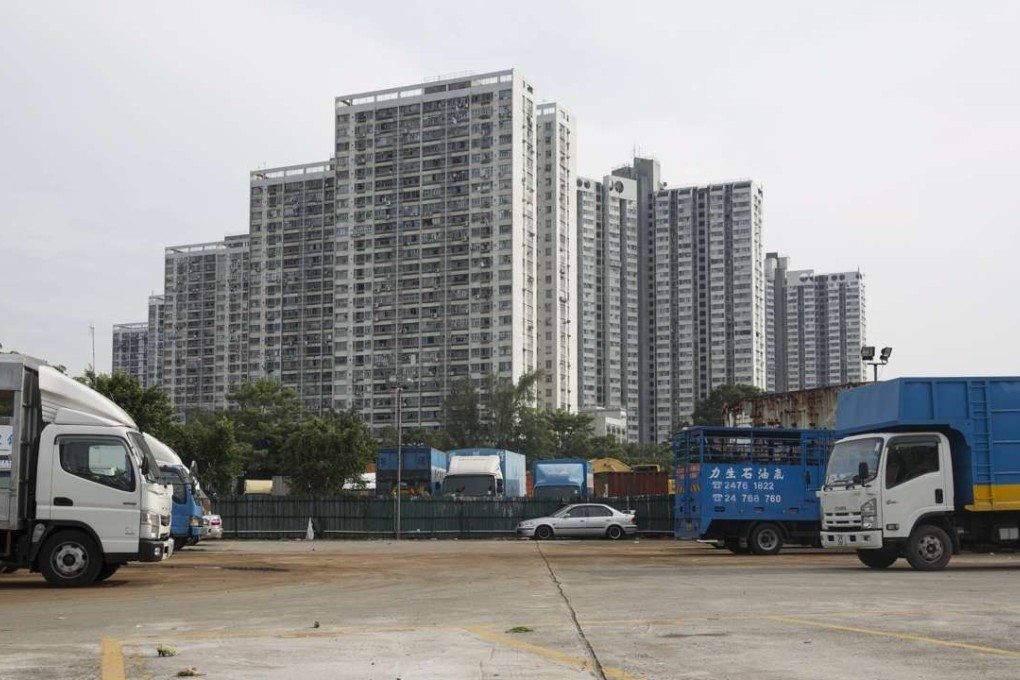Hong Kong must seize the moment to end the abuse of land rights in the New Territories
Tony Kwok calls on government officials to channel public outrage over the Wang Chau housing project into society-wide support for the timely development of brownfield sites

In my days with the Independent Commission Against Corruption, we often received complaints of corruption, fraud and abuse of position involving land issues in the New Territories.
These ranged from the misuse of agricultural land, the illegal transfer of “ding” rights – that is, the right of male indigenous villagers to build a house – and huge numbers of illegal burials in a village neighbourhood, to fraud involving government compensation for the resumption of land, as well as election bribery concerning rural representatives.
Any non-indigenous villagers living in village houses in the New Territories would have experienced the blatant abuse of land within their village. Village roads are blocked for the allocation of car parking spaces, for renting to local residents, with the rental income going into unknown pockets.
Make a visit to any of these villages, and it would immediately become clear that there was a huge fire risk – the roads are so narrow that it is impossible in many cases for any fire engine to get through. It is not difficult to imagine what would happen if a major fire were to break out in any of these villages.
In another example, although firecrackers have been banned in Hong Kong for years, during the Lunar New Year, they and firework displays are a common sight in New Territories villages, in blatant disregard of the law. During the recent Mid-Autumn Festival, lanterns were visible all over the night skies of the villages.
